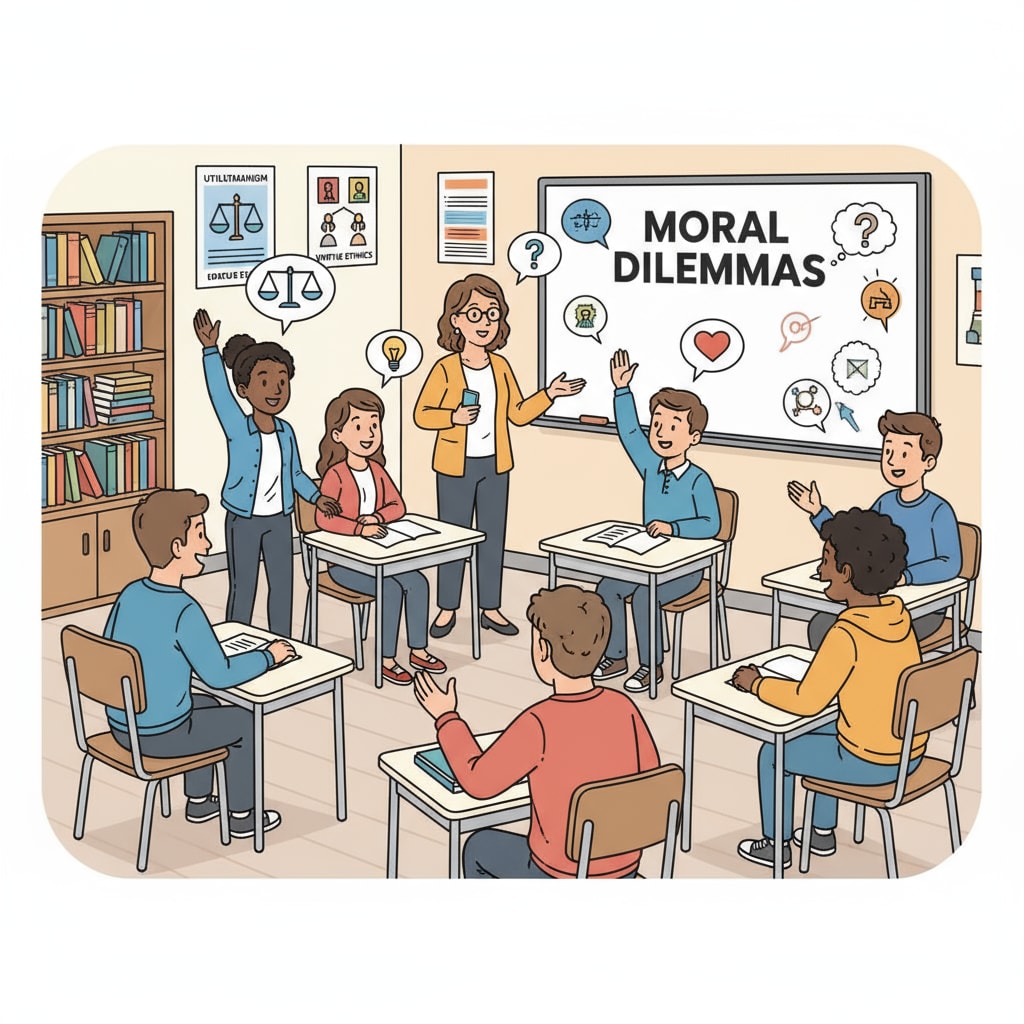In modern society, the issues of moral relativism, shared values, and social differentiation have plunged K12 education into a profound moral education predicament. As values become increasingly diverse, the lack of shared moral concepts significantly impacts the growth of teenagers.

The Impact of the Lack of Shared Moral Concepts on Teenagers
Without a solid foundation of shared moral values, teenagers often find themselves adrift in a sea of conflicting ideas. For example, they may be exposed to various viewpoints on social media, which can lead to confusion about what is right or wrong. This lack of clear moral guidance can hinder their development of a strong sense of self and ethical decision-making abilities. As a result, they might struggle to form meaningful relationships and contribute positively to society.

The Prevailing Moral Relativism in Society
Moral relativism holds that moral principles are not absolute but relative to different cultures, individuals, or situations (as defined by Moral relativism on Wikipedia). In today’s society, this view has become widespread, making it difficult for schools to establish a unified moral framework. Different students may come from families with diverse moral beliefs, and the school environment has to accommodate these differences. However, this also means that teachers face the challenge of teaching moral values without a clear, shared standard.
Readability guidance: Use short paragraphs and lists to summarize key points. Provide a list under each H2 if possible. Control the proportion of passive voice and long sentences. Incorporate transitional words throughout the text (such as however, therefore, in addition, for example, as a result, etc.).


